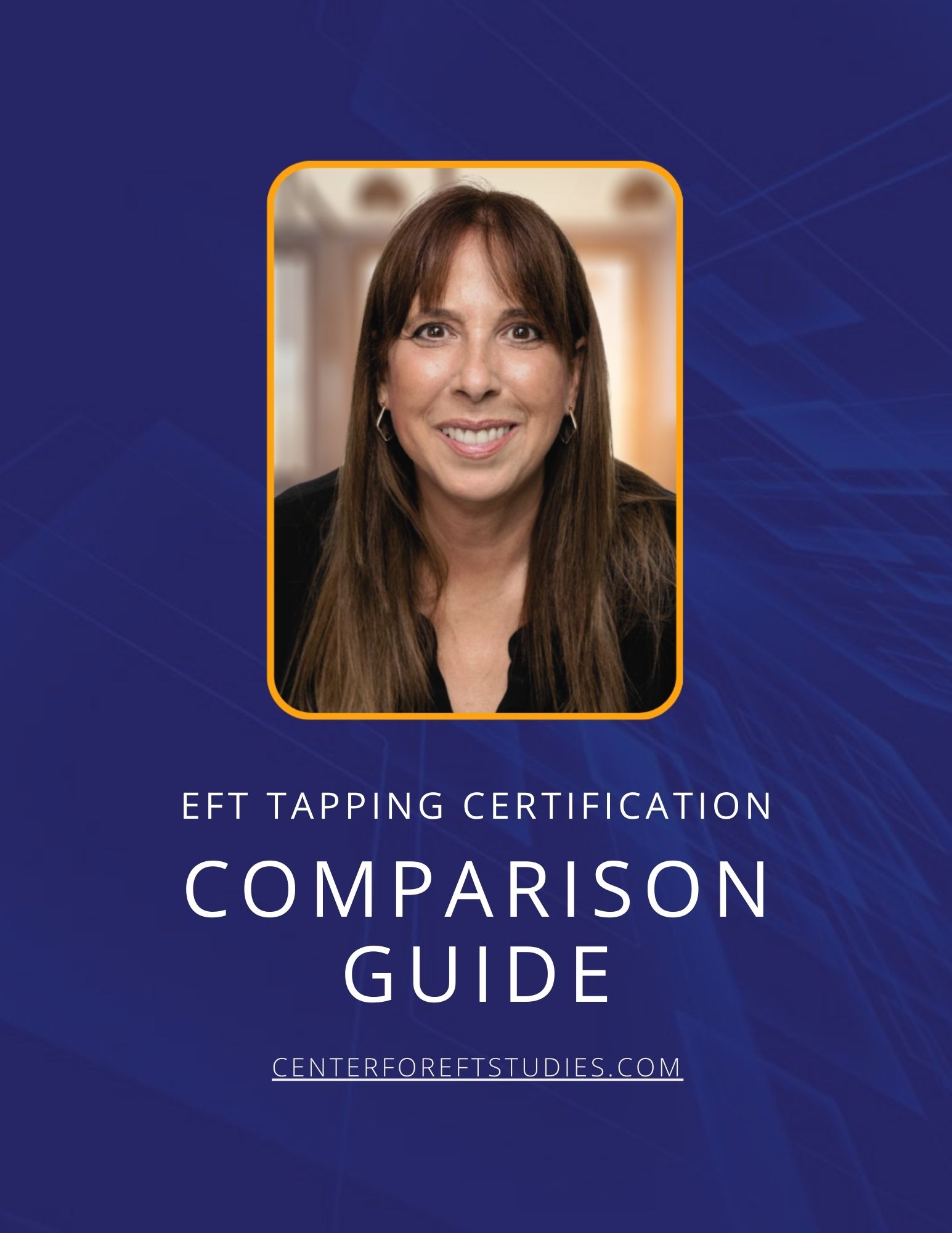
When starting your EFT business, one question you need to ask is whether you should become an EFT Specialist. Many people get tripped up with the problem of deciding if they want to have an EFT specialization and then what kind of EFT specialist do they want to be. In this video, Deborah examines the process of choosing whether to specialize in your EFT business, when to specialize, and what kind of EFT Specialist you should become.
Hey everybody. Today I want to talk a little bit about specialization. So in the level one and level two class, I encourage you to create a specialization. And there’s a lot of reason for that. And primarily it’s marketing.
It’s two things. It’s marketing and also becoming really, really good at what you do. So, for example, if you are the person in the world who is best known as a specialist in, for example, helping people with Fibromyalgia or helping people with any particular Ailment, when you do your marketing, it’s really easy to start building name recognition. It’s really easy to start to do your marketing focusing in that specific area. It’s a lot less expensive and you get really, really good at what you do.
But the downside of that, I think, is that too often people are coming out of the level one, level two training, focusing on the idea of becoming a specialist before that has happened naturally or because they think they should. So one of the things that I want to encourage is that I want to encourage people to be comfortable with being a general practitioner for a while and maybe for good. Like it’s really good to be a general practitioner no matter who sits down in front of you. Once you develop your skill set, you can find a way through this process that you are now trained in in order to help that person. And having that skill set where you can migrate through anything that sits down in front of you to figure out the process through that will go do well.
Once that skill set is developed, it’s a lot easier and a lot more realistic to start developing a specialization. Now some of you come into the training knowing your specialization. You come in knowing, I want to specialize in helping working moms, I want to specialize in helping teachers at Burnout. I want to specialize in this particular area. And you know that, and that’s where your audience is and that’s where your attention is.
And in a case like that, yes, start focusing in that direction, but don’t force it. Don’t just say, okay, here’s a list of things that I could specialize in and then check one off the box and become a specialist in that not at first. Let it happen organically and let it happen once you’ve developed that original skill set. As a general practitioner, I think that this might be a weakness of what I’ve done in terms of teaching people in the one and two classes. It’s sort of pressure to find a specialization.
And I can see now that it trips some people up. So what I’m going to recommend to you is start where you start, which is be a general practitioner. Work with everybody you can work with. Get comfortable inside of the EFT skill set. Get comfortable moving your way around in a session and knowing how to work with anybody and everybody and then start letting that specialization develop organically.
Now let me just say too that now that I’ve created the Level Three class and that’s going to be available here very soon, I realized that a lot of what people are choosing as their specializations are what I would call life clients versus issue-based clients. So a life client is somebody who has a broader series of symptoms, experiences, or whatever that are defining their life instead of defining a specific issue. So what you’ve been taught in Level One and Level Two is really how to handle issues and specific clients. So if you are creating a specialization, for example, in an issue-based area like phobias, for example, so you want to become the expert in the world on fear of flying or on claustrophobia, then that is something you are really already trained and prepared to do. And if you start to see those clients consistently, you’re going to really develop your skill set to become a specialist in that area.
But at this point in your training, you’re not really ready yet to see a life client. Now what is a life client? A life client is somebody who sits down in front of you and they start essentially vomiting on you, all of this stuff, and you’re sitting in front of them and you’re completely overwhelmed. You don’t even know what to do. So you feel a need to get results in a session.
You feel a need to fix something and get results where really when you’re dealing with life clients, there’s a whole different pathway and a whole different process that you need to go through in order to work with that specific issue. So if you’re choosing a specialization, something like fibromyalgia, something like dealing with childhood abuse or those sorts of things, you need a more advanced skill set than perhaps you already have in the one and level Two training in order to work with those clients as a specialist. So you have enough now to break it down issue by issue and go through those clients and help them. Absolutely true. But in terms of a specialization, for those broader specializations you need, the more advanced training is the truth.
So what I want to say is, be okay with being a generalist. Embrace being a generalist. There’s a lot of value in being a general practitioner until that skill set is solid. Once that skill set is solid, then you can start looking for your specialization and that will come naturally.
And I highly recommend the Level Three if you’re looking for a specialization in those more difficult or advanced topics. So I hope this video is helpful. I hope it gives you some relief, this constant stress of, oh my God, I’ve got to find a specialization. Forget it for right now, forget it. Focus on finding clients.
Focus on helping people. Focus on developing your skill set and let the other thing come when it comes okay. I hope this helps, guys. See you in the class.
Join our email list to keep abreast of all things EFT!
© 2022 Center for EFT Studies – onlineEFTcertification.com
